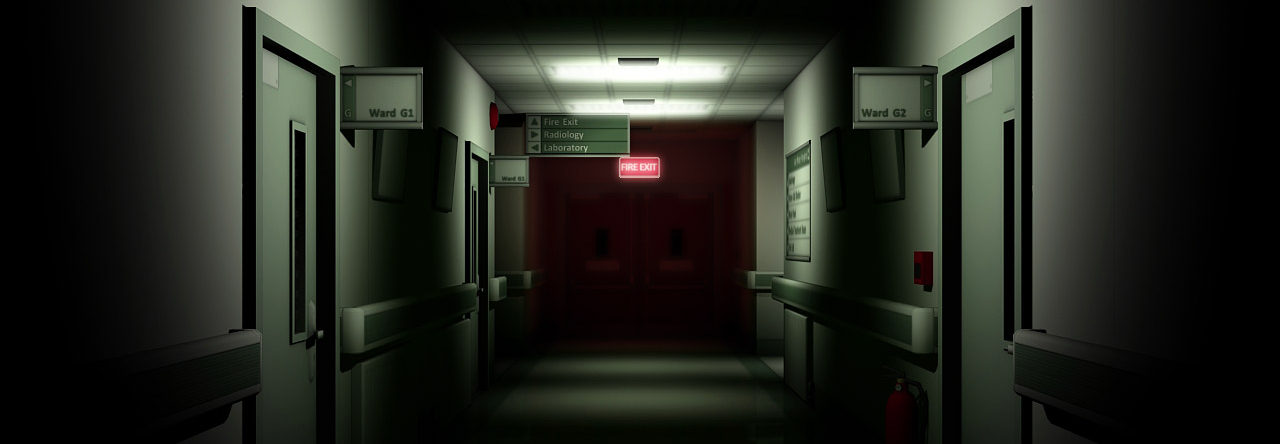
Out of the castle for a few days in sunny and warm Costa Rica while the snow and cold surround the castle.
As many of you (the 2-3 people) that read this know, I lost my husband to suicide this summer. I wanted to take time to talk about mental health and the extremes that folks go through that lead to suicide.
First, many people equate suicide with depression. Depression is a severe mental illness characterized by persistent feelings of sadness, hopelessness, and a lack of interest or pleasure in activities. It is crucial to recognize the signs of depression, offer support, and encourage those struggling to seek professional help. Suicide prevention involves:
- Raising awareness.
- Promoting open conversations about mental health.
- Ensuring access to mental health services for those in need.
It can be, but it is not the most common cause of completed suicides. People can make “attempts,” but they are usually done in a way that they can be “rescued.” It is, as they say, the classic cry for help. While there is a lower chance of completion, it should always be taken seriously. I will talk more about what to do below.
Completed suicides are more often not a cause of depression but psychosis. Most commonly completed suicides are related to psychosis, a mental health condition that can cause individuals to experience distorted beliefs (delusions) or hallucinations. Psychosis can severely impact a person’s thoughts, behavior, and emotions, leading to feelings of hopelessness, despair, or intense fear. Adequate and timely treatment for psychosis, including medication, therapy, and support, is crucial in reducing the risk of suicide. It is essential to recognize the warning signs, provide a supportive environment, and encourage those experiencing psychosis to seek professional help. In psychosis, often, there are command audio hallucinations that tell the person to commit suicide. As a side note, conditions like substance use can cause psychosis and auditory hallucinations.
My husband had depression with psychosis. While not officially diagnosed with it, he did have delusions, as well as admitting hallucinations on some occasions. We will never know if he had voices telling him to kill himself, mainly because he never said anything about voices. With his substance use, there was a good chance that he did. He had great negative self-talk, so it should be no surprise.
When I discovered him that morning coming home from work, I had no clue that he had planned or was going to execute his suicide. He had never discussed a genuine desire to end his life. He made statements about killing himself from time to time; those expressions were explored and found to be a means of manipulating people to take his side in things. Those statements were never ignored, of course, as you should always explore someone who expresses suicidal ideation.
Signs of suicidal ideation can vary from person to person. Still, some common indicators can include talking about wanting to die or end their life, expressing feelings of hopelessness or being a burden to others, withdrawing from social interactions, giving away cherished possessions, sudden mood swings, increased alcohol or drug use, changes in sleep patterns, engaging in reckless or self-destructive behavior, or expressing feelings of being trapped or having no reason to live. It is essential to take any mention or signs of suicidal thoughts seriously and seek help immediately. We all learned these things, and it is almost a mantra; however, they are indicative of suicidal thoughts.
One thing that comes into play here is the statement I made earlier about suicidal statements being a cry for help. They can be a precursor or foreshadow future ideas. One thing I never said because it was noted as a suicidal statement at the time was how he described the way he was going to end his life. To the detail, he did it exactly how he told it to me 4 months earlier. Was he suicidal at this point? I am not sure I explored it with him; as I did, he was quick to withdraw and minimize what he had said. I let it pass then because I saw it as a manipulation attempt. There is a subtle difference in how things are said, and honestly, you should not try to analyze the situation but secure help from knowledgeable professionals.
If you or someone you know is experiencing suicidal ideation, it is essential to seek help immediately. Reach out to a trusted friend, family member, or mental health professional who can provide support. National Suicide Crisis line in the United States 988. where trained professionals are available 24/7 to offer assistance. Veterans should dial 988 and select option 1 to be connected to the VA Suicide Crisis hotline. No one should face the struggle on their own. Even if all you do is get someone professional help, you are doing a great deal.
Remember, be the kind of person your mother and dog hope you are. Pura Vida!

